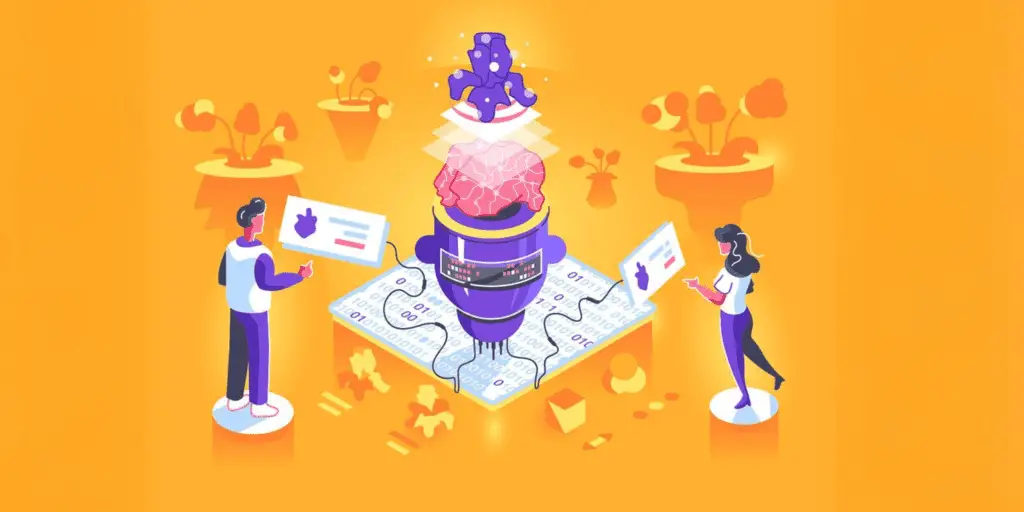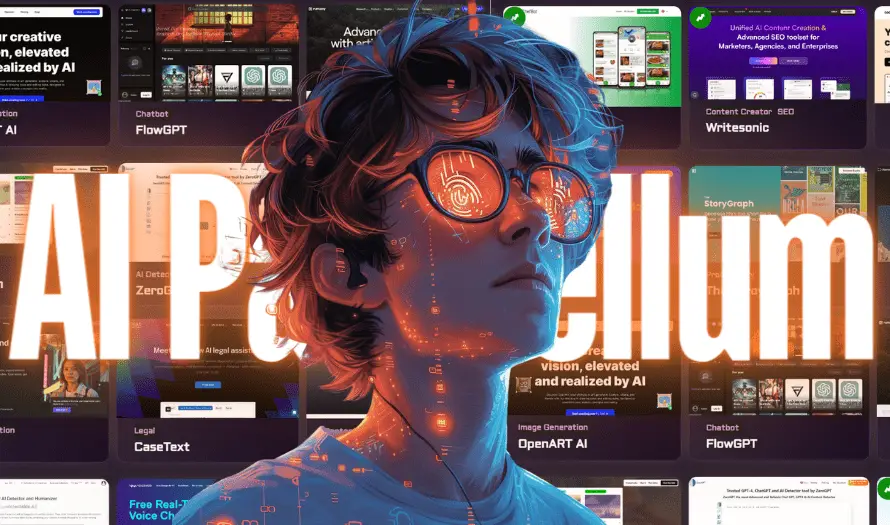In the ever-evolving landscape of artificial intelligence, each new development marks a significant leap forward in our quest to harness the power of machine learning and natural language processing. ChatGPT-5, the latest iteration in the series of groundbreaking language models developed by Open AI, stands at the forefront of this technological revolution.
Building upon the successes and learning from the limitations of its predecessors, ChatGPT-5 represents not just an incremental improvement but a transformative step in the capabilities of AI language models.
At its core, ChatGPT-5 is designed to mimic human-like conversation, understand complex queries, and provide informative, relevant, and context-aware responses. This advancement is not merely technical; it has profound implications for a many of industries, from education and customer service to content creation.
The model’s enhanced ability to understand and generate human language has opened new doors for AI applications, making it a tool of unparalleled versatility and power in the AI toolkit.
Understanding ChatGPT-5
ChatGPT-5 represents a pinnacle in the evolution of AI language models, building upon the transformer-based neural network architecture that has revolutionized natural language processing.
This latest iteration stands out for its enhanced language understanding, allowing it to grasp context and maintain coherent conversations over extended interactions.
Its advanced training includes sophisticated techniques like reinforced learning from human feedback and fine-tuning the model based on human preferences, leading to more accurate and context-appropriate responses.
Unlike its predecessors, ChatGPT-5 demonstrates remarkable improvements in responsiveness and adaptability, adjusting its tone and style to fit various conversational scenarios seamlessly. This adaptability is complemented by its scalability and efficiency, achieving higher performance without a proportional increase in computational demands.
ChatGPT-5 is equipped with a broader and more diverse knowledge base, enabling it to provide up-to-date and relevant information across various topics.
These advancements enhance its conversational abilities and open up new possibilities for AI applications, marking ChatGPT-5 as a significant milestone in the journey towards more sophisticated and versatile AI technologies.
Features and Functionalities
ChatGPT-5 introduces a suite of features and functionalities that significantly enhance its application across various domains. Foremost among these is its exceptional conversational ability, which showcases an advanced understanding of context, allowing it to engage in more nuanced and coherent dialogues.
This is complemented by its adaptability in tone and style, catering to a diverse range of conversational needs, from formal business interactions to casual chats.
The versatility of ChatGPT-5 extends to its applications in multiple industries, such as education, where it can assist in personalized learning, and customer service, where it can provide efficient and accurate support.
Multilingual capabilities, which enable it to communicate and provide information in numerous languages, thereby breaking language barriers and facilitating global communication.
This array of features positions ChatGPT-5 as an advanced conversational agent and a versatile tool capable of transforming how businesses and individuals interact with AI technology.

Real-World Applications
ChatGPT-5 has made significant strides across various sectors, showcasing its versatility and transformative impact. In customer service, it has been particularly effective; for instance, an e-commerce giant integrated ChatGPT-5 for handling customer inquiries, leading to faster response times and increased customer satisfaction.
This AI model efficiently manages routine queries, allowing human agents to focus on more complex issues. In the field of education, ChatGPT-5 has been instrumental in creating personalized learning experiences.
A European university, for example, used it to develop an interactive platform that offers customized feedback and tutoring, resulting in heightened student engagement and improved learning outcomes.
The content creation industry has also embraced ChatGPT-5, utilizing it for writing articles, brainstorming creative ideas, and scripting videos, significantly boosting content production efficiency.
The healthcare sector is slightly behind, with a telemedicine service incorporating ChatGPT-5 for initial patient consultations. This application has effectively triaged cases and provided preliminary medical advice, thus reducing the strain on healthcare professionals.
ChatGPT-5’s multilingual capabilities have been a boon for translation services, providing quick and accurate translations and enhancing international communication.
In the finance and banking sector, banks leverage ChatGPT-5 to enhance customer interactions, offering financial advice, account information, and transaction assistance, improving customer experience and operational efficiency. These varied applications underscore ChatGPT-5’s potential to redefine AI assistance across different industries, demonstrating its capacity for intelligent and context-aware interactions.
Ethical Considerations and Challenges
The deployment of ChatGPT-5 brings a host of ethical considerations and challenges that necessitate careful consideration. One of the primary concerns is the potential for embedding and propagating biases, as the AI model learns from vast datasets that may contain biased or prejudiced viewpoints.
This raises issues around fairness and representation, particularly in sensitive applications like recruitment or legal advice. Another significant challenge is the management of misinformation, as the model’s proficiency in language generation can be misused to create convincing but false content, posing risks to information integrity.
Privacy concerns also emerge when AI processes personal or sensitive data, necessitating stringent data protection measures. Moreover, the growing reliance on AI for decision-making and interactions raises questions about diminishing human agency and the implications of reduced human involvement in critical processes.
Addressing these challenges requires a multi-faceted approach, including continuous bias monitoring, robust fact-checking mechanisms, ensuring compliance with privacy regulations, and fostering an ethical AI usage culture.
It’s imperative that developers, users, and policymakers collaboratively work towards mitigating these risks, ensuring that ChatGPT-5 and similar AI technologies are used responsibly and ethically.
The Future of AI with ChatGPT-5
The advent of ChatGPT-5 marks a significant milestone in the AI landscape, heralding a future where the boundaries of machine intelligence and human interaction are continually expanded.
Looking forward, we can anticipate further advancements in AI capabilities, with models like ChatGPT-5 leading the way towards more intuitive, context-aware, and adaptive systems. These advancements promise to unlock new possibilities in personalized education, advanced healthcare diagnostics, and even more immersive and interactive entertainment experiences.
This future also brings challenges, particularly in ensuring ethical use, managing the societal impact of automation, and addressing the digital divide that could widen with the rapid adoption of advanced AI technologies.
As AI becomes increasingly integrated into daily life, there will be a growing need for robust governance frameworks to manage its impact and for educational initiatives to equip people with the skills to interact with and leverage this technology effectively.
The future with ChatGPT-5 and subsequent AI developments is not just about technological evolution but also about shaping a society that is informed, prepared, and resilient in the face of these transformative changes.

Final Thoughts
ChatGPT-5 represents a remarkable leap forward in artificial intelligence, embodying the pinnacle of current AI capabilities in language understanding and interaction. Its advanced features and functionalities have already begun transforming various industries, from education and healthcare to customer service and content creation.
The journey with ChatGPT-5 has its challenges. Ethical considerations, such as bias, privacy, and the impact on employment, must be addressed to ensure that the benefits of this technology are realized responsibly and equitably.
ChatGPT-5 lays the groundwork for even more sophisticated AI models, promising innovations, and applications that could reshape our world.
We embrace these advancements, it is crucial to maintain a balanced perspective, considering both AI’s potential and pitfalls.
The development and deployment of AI technologies like ChatGPT-5 should be guided by a commitment to ethical principles, societal well-being, and a focus on augmenting human capabilities rather than replacing them.


